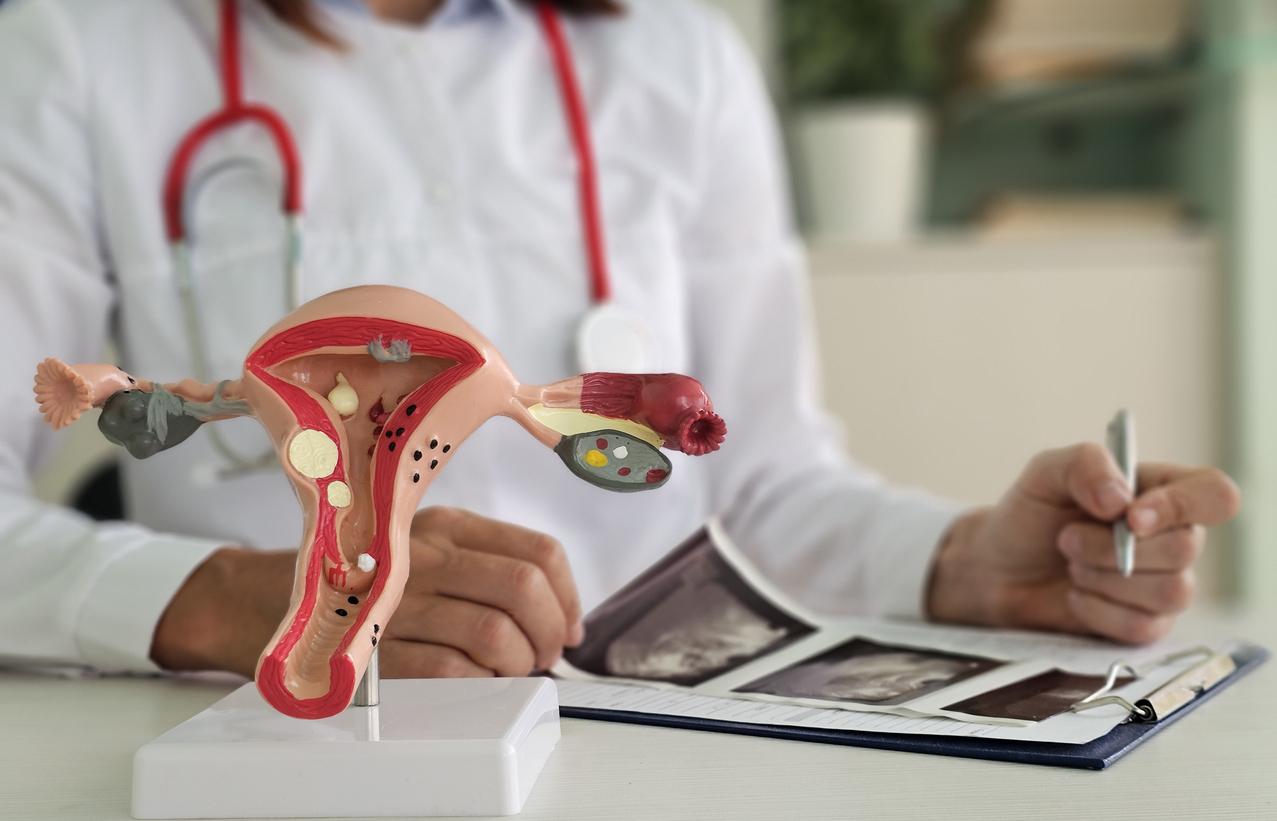Scientists have developed a new test capable of quickly detecting certain cancer markers in the blood. Simple and affordable, it could revolutionize early detection.

- Researchers in the United States have created a simple, fast and inexpensive cancer screening device capable of detecting several blood markers within an hour.
- Called PiPP, this test combines paper and plastic and requires only a drop of blood. It detects CEA and PSA antigens, associated with colorectal and prostate cancers, with ten times greater sensitivity than current methods.
- Before becoming a clinical reality, PiPP will need to go through trials to evaluate its effectiveness with real patients.
“Approximately 10 times more sensitive than conventional test kits.” A team of scientists from the University of Texas at El Paso (UTEP) has developed a new method to detect markers of several cancers in the blood, with greater sensitivity than current methods. Perhaps even more impressive: the results of the screening test could be available within the hour. Details of the study were published in the journal Lab on a Chip.
Detect colorectal and prostate cancer markers
Called PiPP (“paper-in-polymer-pond”), the device is made from paper and plastic, two inexpensive materials, making it an affordable diagnostic tool. “This biochip is not only portable and fast, but it does not require any specialized instruments”explains Dr. XiuJun James Li, lead author of the study, in a press release. A single drop of blood is enough, and the results can be analyzed with “a non-medical scanner or a smartphone camera”. According to him, it would therefore be an ideal device for regions with limited resources, lacking sophisticated diagnostic tools. Not to mention that the test is designed to be reusable: the plastic frame can be used several times by simply replacing the sheet of paper.
Currently, the PiPP test focuses on detecting two important markers: carcinoembryonic antigen (CEA), which is associated with colorectal cancer, and prostate-specific antigen (PSA), which helps diagnose colorectal cancer. prostate cancer. These proteins appear in the blood at very low levels at the start of the disease, and are therefore often difficult to spot with current screening tools.

Accessible and rapid cancer screening for all
But what makes this new test so promising is its combination of simplicity and effectiveness. “The entire process takes just an hour, compared to the 16 hours it takes for traditional testing methods. The device can detect these cancer markers at extremely low concentrations – around 10 times more sensitive than test kits conventional”specify the researchers.
Before becoming a clinical reality, PiPP will have to go through clinical trials to evaluate its effectiveness with real patients. A step that could take several years. But researchers remain confident: if this device is validated, it could revolutionize cancer screening and save many lives by allowing accessible and rapid diagnosis for all.
















